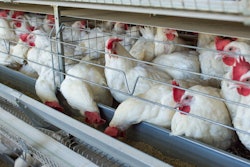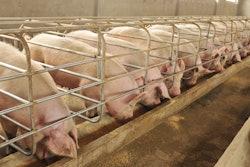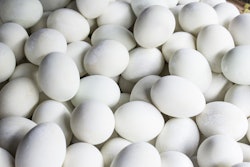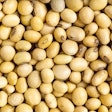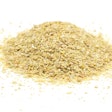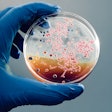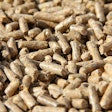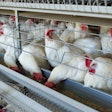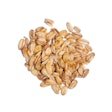
Nanoparticles made with ground eggshell could lead to a safer, more sustainable approach to stopping mite contamination of dry-cured pork.
“In our tests, we were able to prevent mites from laying eggs on pieces of aged hams,” said Tom Phillips, an entomologist at Kansas State University.
Mites are of particular concern for stored foods like dry-cured hams, which are hung and dried for as long as five years. The tiny insects can lay 3-5 eggs per day, resulting in a population that can grow quickly if not controlled.
Traditionally, methyl bromide was used to exterminate mites. However, in 1989, the fumigant was one of several substances listed as responsible for the depletion of the Earth’s ozone layer in the Montreal Protocol and is currently unapproved for commercial use in the U.S.
Eggshells are a waste byproduct of the liquid egg industry, so that adds to the sustainability value of this research.
Tiny particles make a big impact
Agriculture nanotechnology, a branch of science and engineering devoted to designing, producing and using the tiny particles, is growing in popularity. I’ve seen a lot of research involving nanoparticles – mostly for vaccine development and food safety, but I’ve never seen them used as a pesticide.
There’s still more to learn before this nanoparticle pesticide could be available commercially.
“The mode of action for these nanoparticles is still not clear, so it will be very interesting to study more,” Phillips said. “We’ll be studying it more closely with mites. We haven’t gone beyond using eggshells, so learning more about the effect of metallic nanoparticles (such as gold or silver) will be interesting.”



